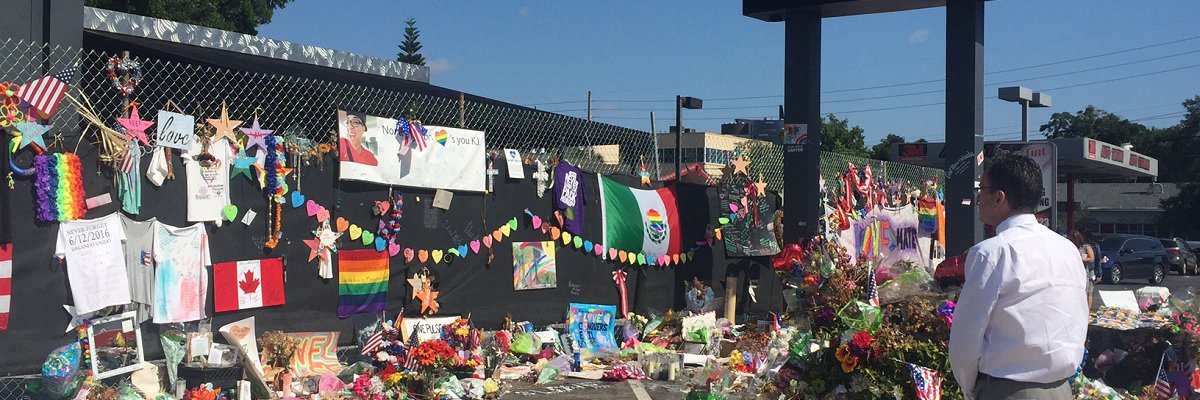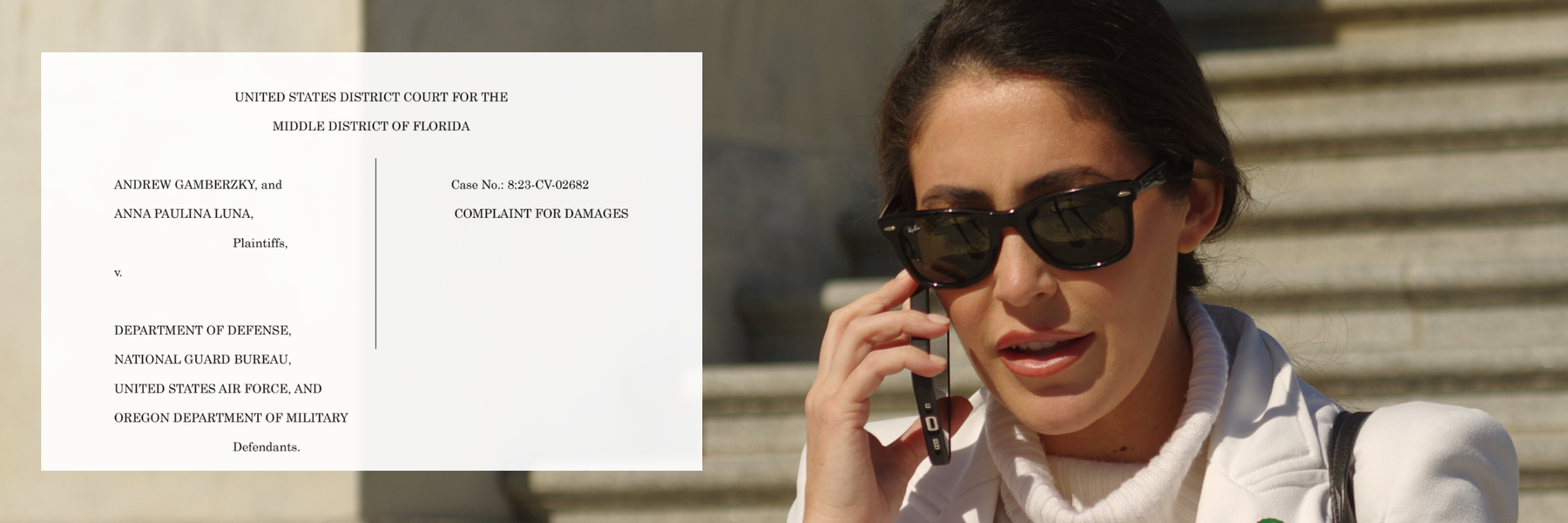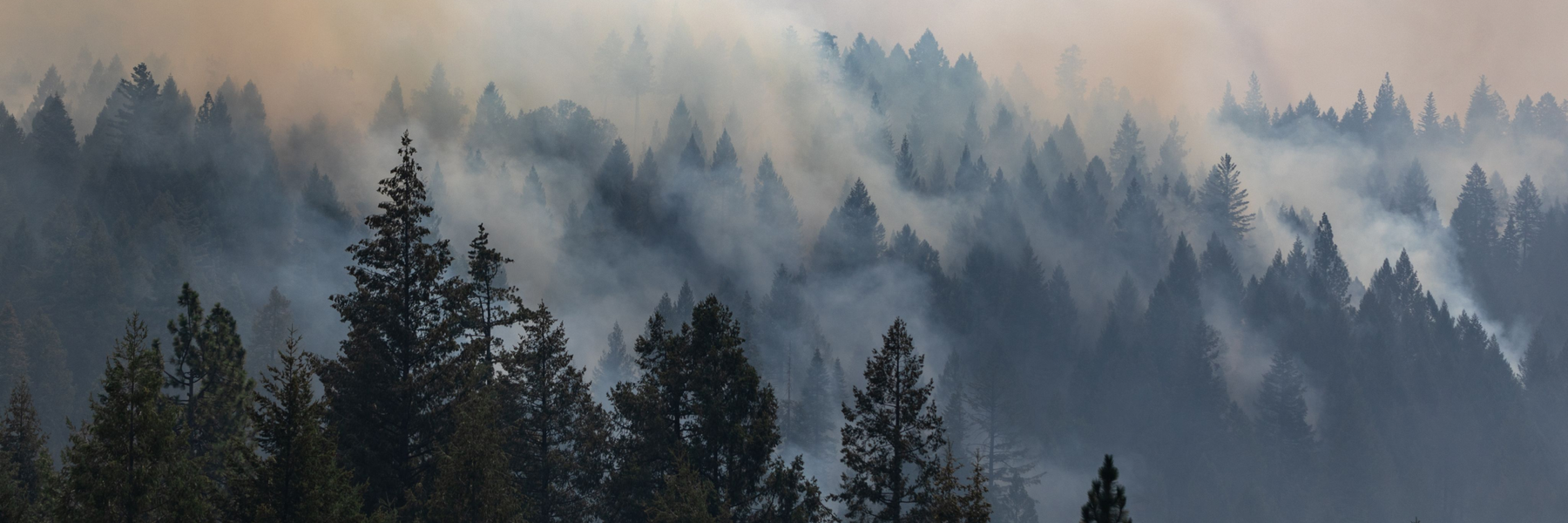In this week’s FOIA round-up, public records confirm the Trump administration’s intentional policy of family separation and shine light on a stalled Orlando Fire Department policy that could have saved lives during the Pulse Nightclub shooting. In public records law news, a provision of a November ballot initiative could expose San Francisco’s lauded Sunshine Ordinance to lawmaker interference.
See a great use of public records we missed? Send over your favorite FOIA stories via email, on Twitter, or on Facebook, and maybe we’ll include them in the next round-up. And if you’d like even more inspiration, read past round-ups.
Homeland Security’s family separation memo released
This week, a memo written by top officials at three immigration agencies to Secretary of Homeland Security Kirstjen Nielsen was released by the public accountability groups Open the Government and the Project on Government Oversight. The document, obtained via FOIA request, shows Nielsen signed off on a policy of prosecuting every adult who crossed the border illegally, knowing that it would involve family separation. For months, Nielsen denied publicly that the Trump administration had a policy of separating immigrant children from their families.
We do not have a policy of separating families at the border. Period.
— Sec. Kirstjen Nielsen (@SecNielsen) June 17, 2018
The document appears to be the same one reported on (but not published) by the Washington Post in April. Nielsen’s signature is redacted on the memo, but the Department of Homeland Security confirmed it is Nielsen’s, according to the Intercept. Open the Government and Project on Government Oversight are appealing for an unredacted copy of the document, on the grounds that using privacy exemptions to hide the role of a high-level public official in major policy decisions is unacceptable.
Read the full report here.
Life-saving policy stalled ahead of Pulse shooting
The June 12th, 2016 shooting inside Pulse Nightclub in Orlando, Florida claimed 49 lives, becoming, at the time, the worst mass shooting in modern U.S. history. A study published this year concluded that one-third of those victims might have survived had they received emergency medical care sooner. The Orlando Fire Department began updating its policy to allow paramedics to enter active shooter situations with police in 2013. But emails obtained through FOIA by WMFE in Orlando in partnership with ProPublica revealed this week that the department’s response plan stagnated, subject to “bureaucratic inertia.”
After a recommendation from Saez in 2015, the department bought about 20 of the bulletproof vests and helmets. The vests had pouches filled with tourniquets, special needles to relieve bleeding in the chest, and quick-clotting trauma bandages.
None of that equipment was used at Pulse. Emergency medical professionals stayed across the street from the club. And the bulletproof vests filled with life-saving equipment sat at headquarters.
Emails between emergency responders a little more than two months before the shooting (and three years after active shooter response plans were first drafted) give a snapshot of their level of preparedness:
With a multi-agency training drill just completed, Special Operations District Chief Randahl “Randy” Dickson emailed EMS Assistant Chief Hezedean “Dean” Smith: “I am not aware of a Active Shooter [policy] at this time. There was a committee that was responsible for the [policy], however, I am not sure whether one was created and approved.” Smith wrote back, copying senior staff: “This important operation (Active Shooter) needs some directions. Training sessions start next week, but there are still unanswered questions.” Deputy Chief Keith Maddox replied: “We should probably create a policy or [standard operating guidelines] for this before we begin training.”
Read the full report here, as well as a timeline of the response policy here.
San Francisco’s Sunshine Ordinance under fire
Government transparency advocates in California say a “Privacy First” measure on this November’s ballot would leave San Francisco’s public records ordinance - one of the nation’s strongest local transparency laws - open to attack by city lawmakers. The measure’s stated goal is protecting the personal information of San Francisco residents from abuse by tech companies. CalAware, a California public transparency non-profit, broke down the threat, quoting former editor and publisher of the San Francisco Bay Guardian Bruce B. Brugmann:
Proposition B “would allow the supervisors to do what they may not by law do now: amend and water down what is the first and still the best local open government ordinance in the country, if not the world,” Brugmann said. “These are dark times and gushers of dark money are flowing into City Hall and our elections through opaque PACs from the Manhattanization gang that is ruining our city. Our proud standard ought to be sunshine first. If the voters pass Proposition B, it could reverse the progress toward that standard to the pre-Sunshine Ordinance days of more than two decades ago.”
The Privacy First Policy measure contains a clause buried within it that subjects San Francisco’s previously untouchable Sunshine Ordinance to change:

Read the full report here.
Nominate a first amendment hero
Do you know someone who goes above and beyond to fight for the First Amendment and open government? Nominations are now open for the First Amendment FAC Free Speech and Government Award!
Deadline for nominations is October 31, 2018. For more information and submissions, click here!
Read a great FOIA-based news story we should highlight? Let us know and maybe we can include it in our next roundup! Send it over via email, on Twitter, or on Facebook.
Image via Governor Dannel P. Malloy’s Flickr




